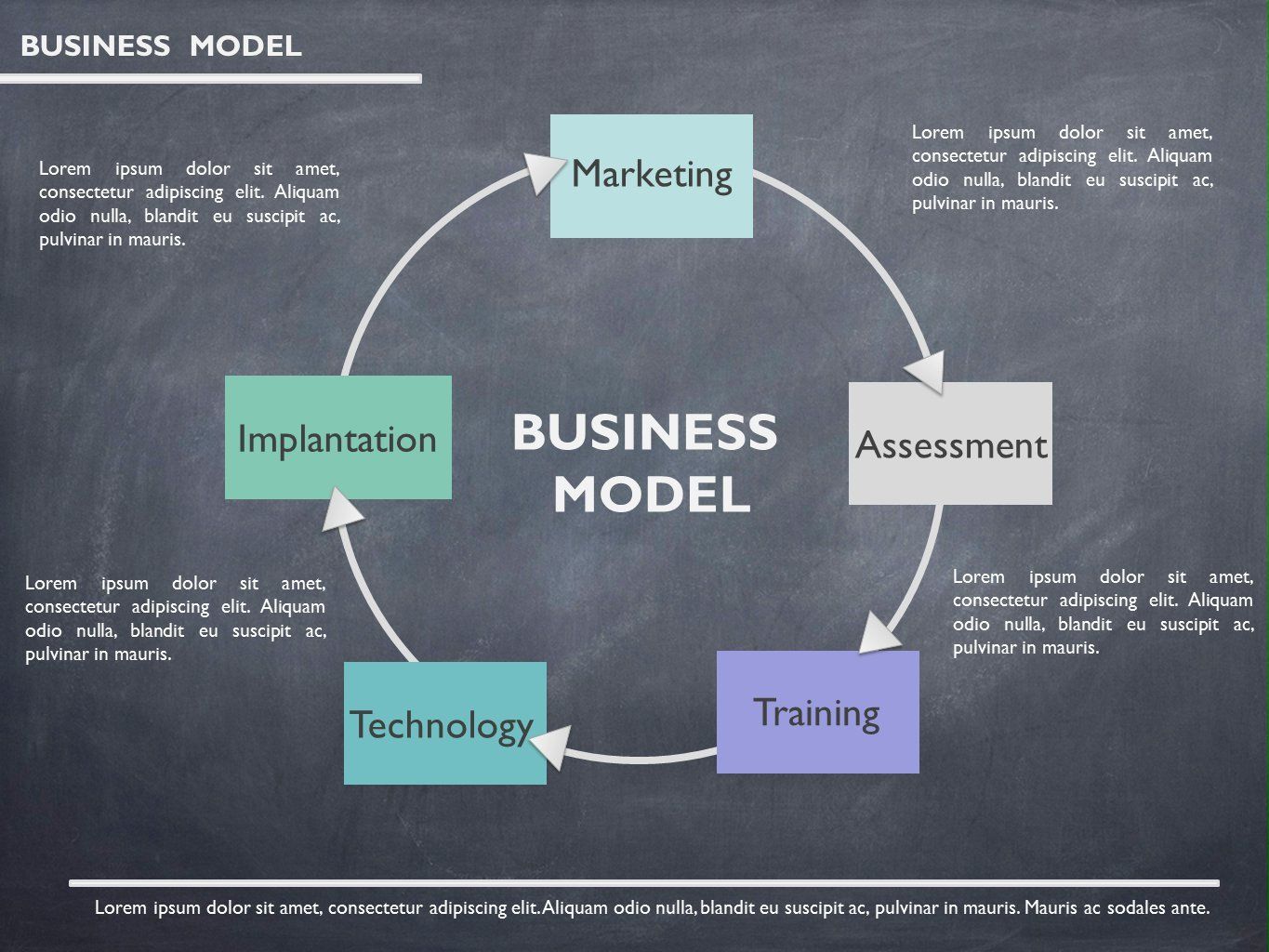The plastic shell of the mouse feels slick under David’s palm, a familiar warmth from a task he performs every six minutes. A gentle nudge. The cursor skates across a spreadsheet filled with numbers that ceased to matter hours ago. The little green circle in the corner of his screen glows with the life he’s just feigned, a digital EKG confirming a pulse that isn’t there. It’s 3:46 PM. His work, the actual work he is paid to do, was finished at lunch. Now, he is simply performing the act of being present, a ghost in a machine puppeteering his own avatar for an audience of anxious managers.
This isn’t work. It’s theater.
The Illusion
Performing Presence
The Ghost
Avatar in Machine
I used to be one of the judges in the audience. I’d see a grey status icon and feel a prickle of irritation. I’d equate online presence with dedication, a full calendar with contribution. I once inherited a team of 6 engineers, and my first act was to scrutinize their status indicators and calendar densities. I mistook their quiet efficiency for disengagement. It was a colossal failure of leadership on my part, a misunderstanding so fundamental it’s embarrassing to admit. I thought I was managing a team, but I was really just directing a play where the only prop was the illusion of being busy. I was demanding they prove they were working instead of creating an environment where they could simply work.
That whole mindset feels like something I cleaned out of my refrigerator this morning. Tucked in the back was a jar of artisanal mustard from 2016. It was taking up space, its label was peeling, and its contents had long since turned from a zesty condiment into a brownish, inert paste. Its utility had expired years ago, yet it remained, occupying valuable real estate. Our obsession with presence-based metrics is that expired mustard. It looks like a tool for productivity, but it’s just old, useless, and preventing us from putting something fresh and genuinely valuable in its place.
A Thriving Ecosystem
Contrast David’s afternoon with my friend Jordan’s. Jordan F.T. is an aquarium maintenance diver. His productivity isn’t measured by a green dot. It’s measured by the clarity of 236,000 gallons of water. It’s measured by the health of a purple tang or the vibrancy of a coral reef he cultivates by hand. When Jordan is working, he’s submerged, 46 feet down, with no access to email, Slack, or any performance-monitoring software. His proof of work isn’t a status report; it’s a living, breathing ecosystem that thrives or dies based on the quality of his attention.
Can you imagine telling Jordan to jiggle a sea cucumber every six minutes to prove he’s engaged? The absurdity is laughable. Yet, we accept this as standard practice in the knowledge economy. We’ve become so detached from tangible outcomes that we’ve resorted to measuring the digital shadow a person casts. The problem is that shadows can be easily manipulated. An active status doesn’t mean an active mind. A full calendar doesn’t mean a full contribution. More often than not, it means a day sliced into so many non-cohesive slivers that no deep work, the only work that truly matters, can possibly get done.
🐠
🐙
🐡
This isn’t just inefficient; it’s profoundly dehumanizing.
It treats professionals like children who can’t be trusted to manage their own time. It punishes the efficient employee who finishes their tasks early and rewards the one who can stretch 3 hours of work into 8. The system incentivizes the performance of labor over the execution of it. You get ahead not by being the most effective, but by being the most visible. We’ve built a corporate culture where the person who sends an email at 10 PM isn’t seen as having poor time management, but as a hero of the cause. A recent study of 236 companies revealed that managers consistently rated employees who were more visibly active online as higher performers, even when their actual output was 6% lower than their less-visible, more efficient peers.
The Astronomical Cost
The cost of this charade is astronomical. It’s the burnout from the constant, low-grade stress of being watched. It’s the innovation that never happens because everyone is too busy in performative meetings to think. It’s the slow, corrosive decay of trust between managers and their teams. Each mouse jiggle, each pointless meeting accepted, each email sent late at night to prove commitment is a small withdrawal from a shared bank of trust and respect. Eventually, the account is empty. The disengagement becomes real.
Managerial Trust
Managerial Trust
This constant performance bleeds into our personal lives. We feel pressure to have the most ‘Instagrammable’ vacation or the most ‘productive’ hobby. The antidote isn’t more performance; it’s genuine engagement, whether that’s losing yourself in a book or finding a place for responsible fun, like the options on gclubpros. It’s about switching off the stage lights and finding activities where the only audience is yourself and the only goal is authentic enjoyment, not the curation of an image. It’s the release from the pressure of having to prove you’re having a good time, and instead just having one.
The Real Solution: Trust and Output
Think back to Jordan. His day is a series of tangible problems and concrete solutions. Is there an algae bloom on the north wall? He scrubs it. Is the water chemistry off by a few parts per million? He adjusts it. He spends hours in silence, his world reduced to the quiet scrape of his tools against the acrylic, the gentle sway of the artificial kelp, and the curious eyes of a passing grouper. His accountability is not to a manager watching a dashboard, but to the fragile life forms that depend entirely on him. The work is honest. The results are visible.
I used to believe that more data would lead to better management. I advocated for tools that tracked activity, thinking it was a proxy for productivity. I was wrong. It’s a proxy for anxiety. The more a manager feels out of control, the more they reach for these superficial metrics to reassure themselves that work is happening. The real solution isn’t better surveillance; it’s building smaller, high-trust teams and measuring them on one thing and one thing only: their output. Did the project get completed on time and to a high standard? Did the client’s problem get solved? Did the sales number get hit?
Who cares if the green dot was on for 46 hours a week or 16? The project cost for that marketing campaign was already $676 over budget because of endless check-in meetings designed to ensure everyone was ‘aligned,’ a corporate euphemism for ‘present.’ All that alignment didn’t prevent the overspend; it likely caused it, siphoning away hours that could have been spent on execution.
Focus on Output, Not Presence
✅
When Jordan surfaces at the end of his shift, water streaming from his wetsuit, he doesn’t have to write a report detailing every minute of his time below. He doesn’t have to explain why he spent 26 minutes cleaning one section of coral. He just points. Through the thick, clear acrylic, the light dapples through pristine water, illuminating a vibrant, thriving world. The work speaks for itself.
✨







































































































































































































































































































































































































































































































































